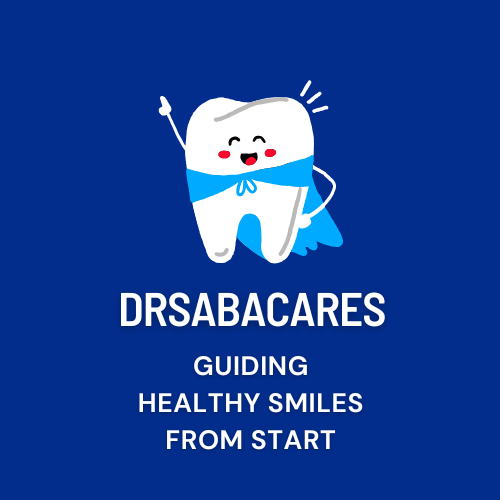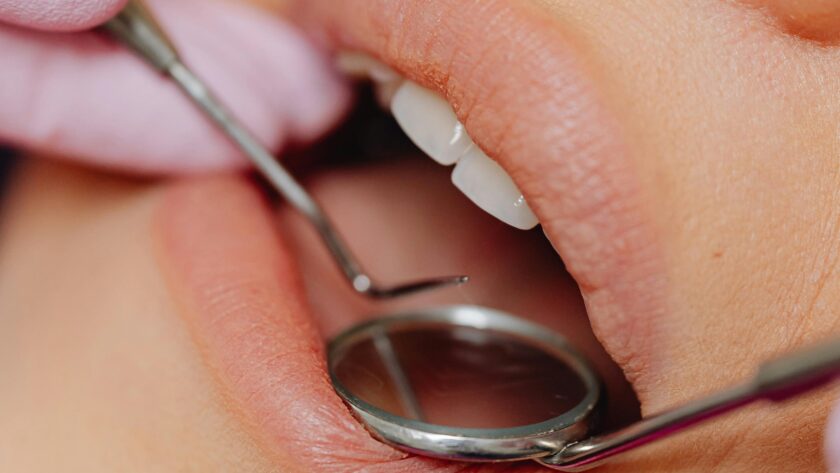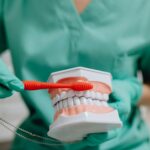As a practicing dentist, I see many patients who visit only when their dental discomfort becomes too much to bear. But did you know that most serious dental problems begin as small, manageable issues? Early awareness and regular check-ups can save you from pain, cost, and complicated treatments.
Here are some of the most common dental problems[, their symptoms, causes, and what you can do to prevent them[in very simple,easy to understand terminology 🙂 ].
1. Tooth Decay (Cavities)
What it is:
Tooth decay happens when plaque – a sticky film of bacteria – builds up and produces acid that erodes your tooth enamel.
Symptoms:
- Tooth sensitivity
- Pain while eating sweets or cold items
- Visible holes or dark spots
Prevention Tips:
- Brush twice a day with fluoride toothpasteOral Health for Children oral health for adults
- Limit sugary snacks and drinks
- Regular dental check-ups and cleanings
2. Gum Disease (Gingivitis & Periodontitis)
What it is:
Gum disease is inflammation of the gums caused by plaque buildup. If untreated, it can damage the bone supporting your teeth.Gum Health for Adults: A Dentist’s Guide to a Strong, Healthy Smile
Symptoms:
- Swollen, red, or bleeding gums
- Bad breath
- Receding gums or loose teeth (in advanced stages)
Prevention Tips:
- Daily flossing
- Professional cleanings every 6 months
- Don’t ignore bleeding gums
3. Tooth Sensitivity
What it is:
Pain or discomfort when teeth are exposed to hot, cold, sweet, or acidic foods.
Causes:
- Worn enamel
- Exposed roots
- Cracked or chipped teeth
- Grinding (bruxism)
Prevention Tips:
- Use desensitizing toothpaste
- Avoid brushing too hard
- Get treated for grinding
4. Bad Breath (Halitosis)
What it is:
Persistent unpleasant breath, often caused by poor oral hygiene, infection, or dry mouth.
Causes:
- Food debris
- Gum disease
- Dry mouth or certain medications
Prevention Tips:
- Clean your tongue while brushing
- Stay hydrated
- Treat any underlying dental issues
5. Tooth Grinding (Bruxism)
What it is:
Involuntary grinding or clenching of teeth, especially during sleep.
Symptoms:
- Jaw pain
- Worn teeth
- Headaches
Prevention Tips:
- Use a night guard
- Reduce stress
- Seek professional evaluation
6. Oral Sores or Ulcers
These painful spots can appear from stress, injury, biting the cheek, or certain foods. Most heal on their own, but recurring or long-lasting ulcers should be checked.
Common Causes:
Minor trauma (e.g., biting your cheek)
Stress or hormonal changes
Acidic or spicy foods
Vitamin deficiencies (especially B12, iron, folate)
Viral infections like herpes simplex
Ill-fitting braces or dentures
- Minor trauma (e.g., biting your cheek)
- Stress or hormonal changes
- Acidic or spicy foods
- Vitamin deficiencies (especially B12, iron, folate)
- Viral infections like herpes simplex
- Ill-fitting braces or dentures
When to see a dentist:
- Sores that don’t heal in 10–14 days
- Painful ulcers interfering with eating or talking
- White or red patches that persist
Tips:
Take supplements if advised
Avoid spicy or acidic foods
Rinse with warm saltwater
Use over-the-counter soothing gels
7. Tooth Loss
Main Causes:
- Untreated decay
- Advanced gum disease
- Trauma
Prevention:
- Early dental care
- Replace missing teeth to protect jaw health and chewing ability
8. Crowded or Crooked Teeth
Crowding occurs when there’s not enough space in the jaw for teeth to align properly.
Problems it causes:
- Difficulty cleaning between teeth → more cavities and gum issues
- Uneven wear on teeth
- Jaw strain or bite problems
- Lower self-esteem in children and teens
Causes:
- Genetics
- Early loss of baby teeth
- Habits like thumb-sucking
Treatment options:
- Braces or clear aligners (Invisalign)
- Early orthodontic evaluation (ideal by age 7 )
Final Thoughts
Prevention is always better than cure. Most dental issues can be prevented with good oral hygiene habits, healthy food choices, and regular dental visits. If you’re experiencing any of the symptoms mentioned above, don’t wait — your smile is worth protecting.
Book your dental check-up today. Let’s keep those healthy smiles shining!




